
According to the Nation Thailand newspaper, the program called “TouristDigiPay” that allows foreign tourists to convert cryptocurrencies into baht for payment is the Thai government ’s solution to the decline in the tourism industry this year.
Details of the programme were announced at a press conference chaired by Deputy Prime Minister and Finance Minister Pichai Chunhavajira, along with key officials from the Ministry of Finance , the Securities and Exchange Commission (SEC), the Anti-Money Laundering Office (AMLO) and the Ministry of Tourism and Sports.
The idea of using cryptocurrencies to boost tourism has been under constant scrutiny by the Thai government. The SEC recently completed its public consultation on the use of financial innovation and digital assets to support economic growth and tourism, with the deadline for comments closing on August 13.
Under the new program, foreign tourists who want to convert digital assets into baht for spending must open an account with a digital asset business and a cryptocurrency service provider, both of which are regulated by the SEC and the Bank of Thailand (BOT).
The program will operate within a regulatory framework to ensure close supervision and risk control, in particular to prevent the direct use of digital assets as a means of payment.
Only foreign visitors temporarily staying in Thailand are eligible to use the service.
Participants must undergo a rigorous identity verification and customer due diligence process, in line with AMLO standards.
The service will allow visitors to exchange digital assets for baht and make electronic payments, such as scanning QR codes.
According to Mr. Naphongthawat Phothikit, Senior Director at the BOT's Payment Systems Policy and Financial Technology Department, the Bank of Thailand has collaborated with e-money service providers to develop “Tourist Wallet” for international tourists.
The service will support QR code payments, especially for visitors from countries that do not have cross-border QR payment agreements. Tourist Wallet will initially function as an e-money system for currency conversion, and in the future will be directly connected to foreign debit and credit cards.
To mitigate the risk of financial crimes such as money laundering, the program will impose transaction limits. For businesses with card machines, the spending limit will be 500,000 baht/month/account.
For small businesses, the cap is 50,000 baht per month. Transactions will be prohibited at establishments that AMLO classifies as high-risk for money laundering. Furthermore, visitors can only withdraw money when closing their accounts, not cash based on the balance deposited.
Source: https://baolaocai.vn/thai-lan-thu-nghiem-tien-dien-tu-de-thuc-day-du-lich-post879890.html


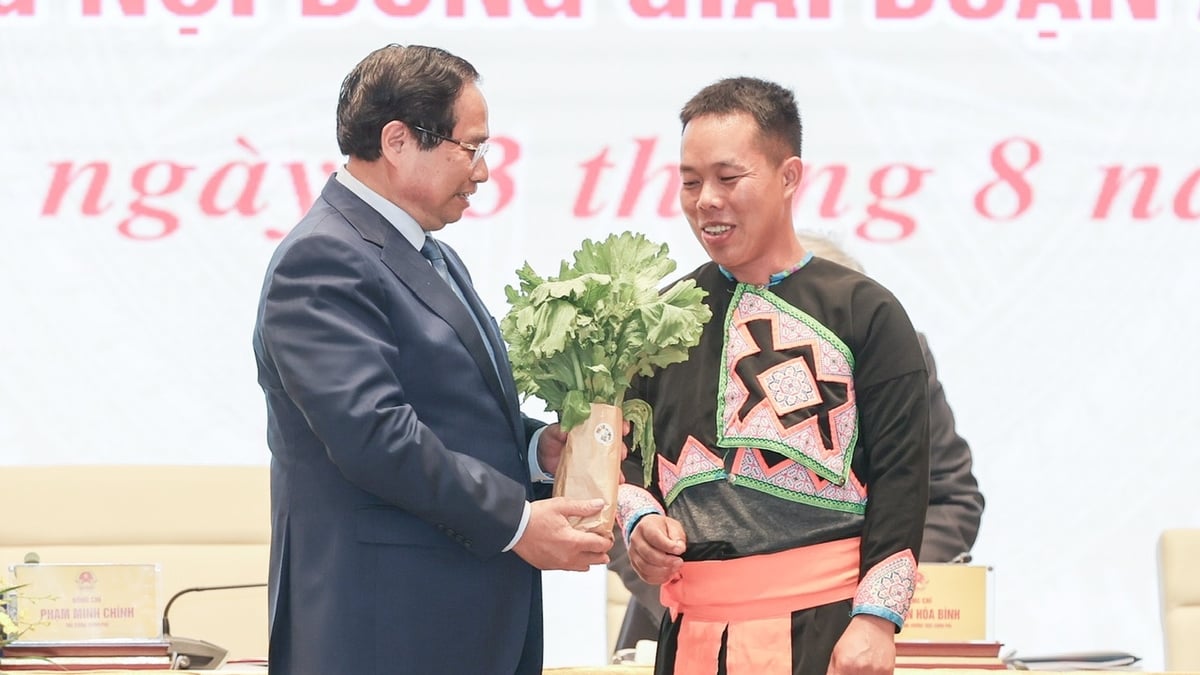
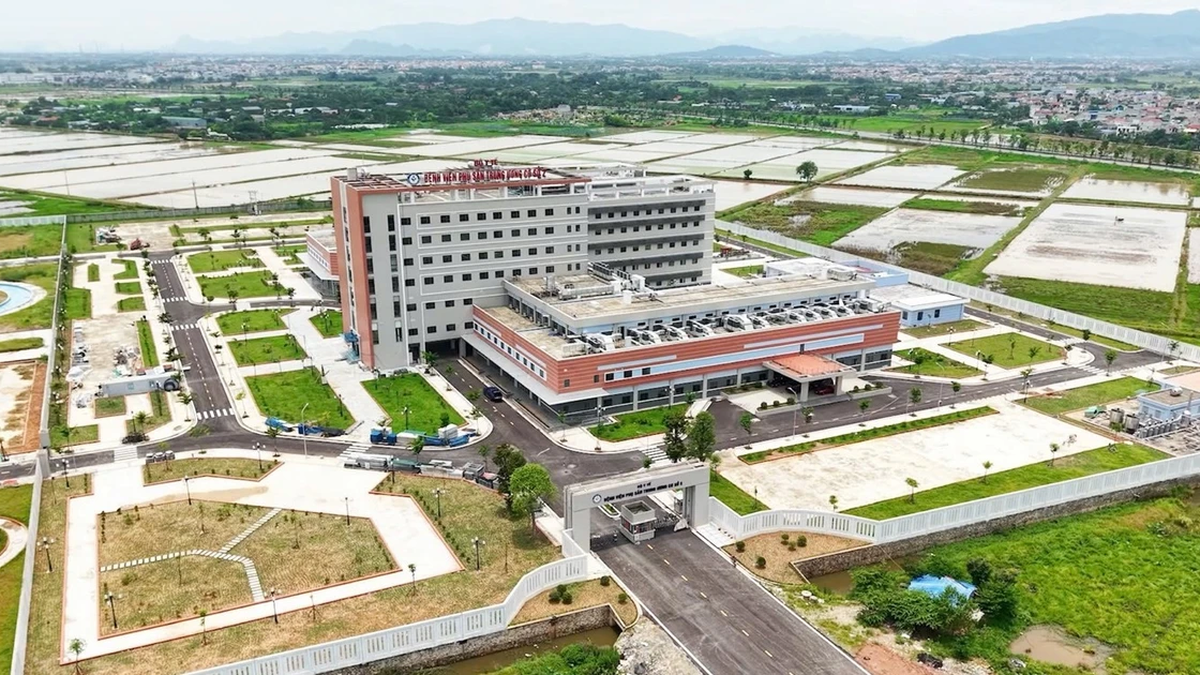
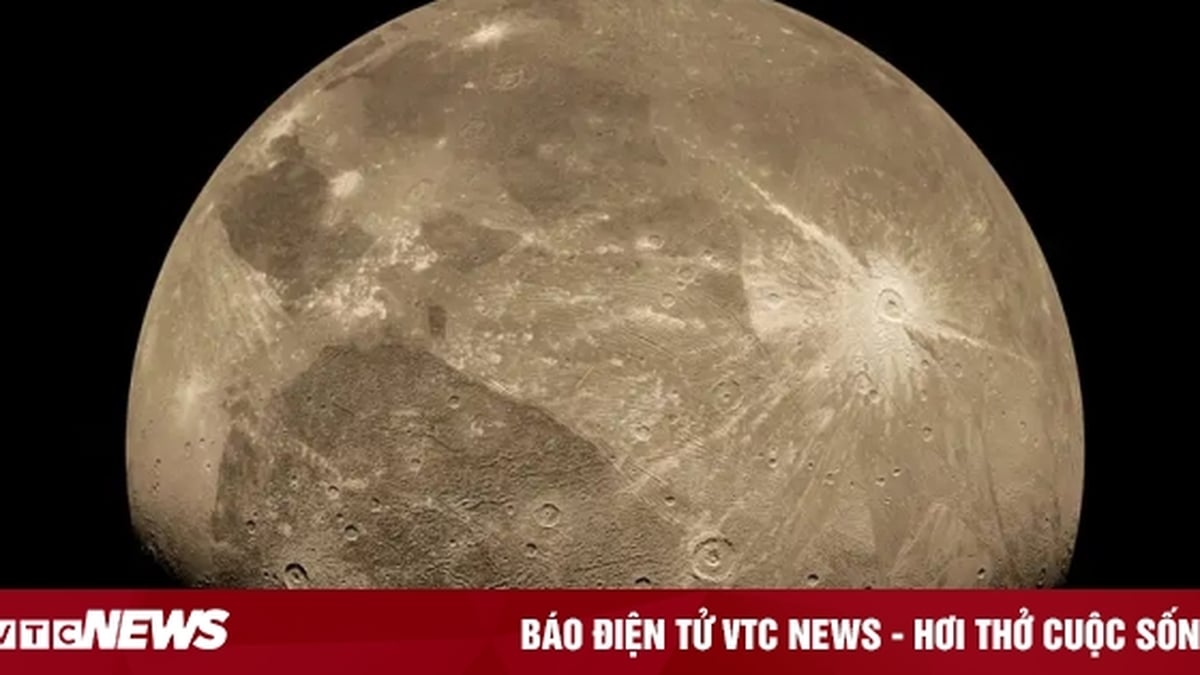

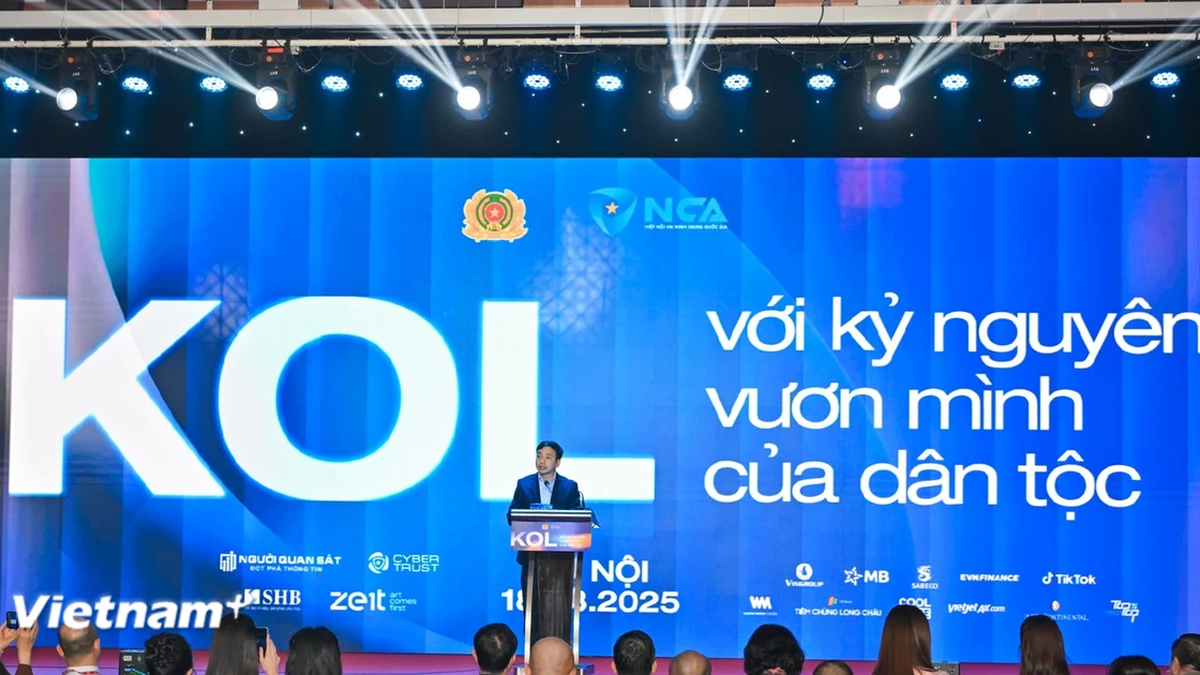


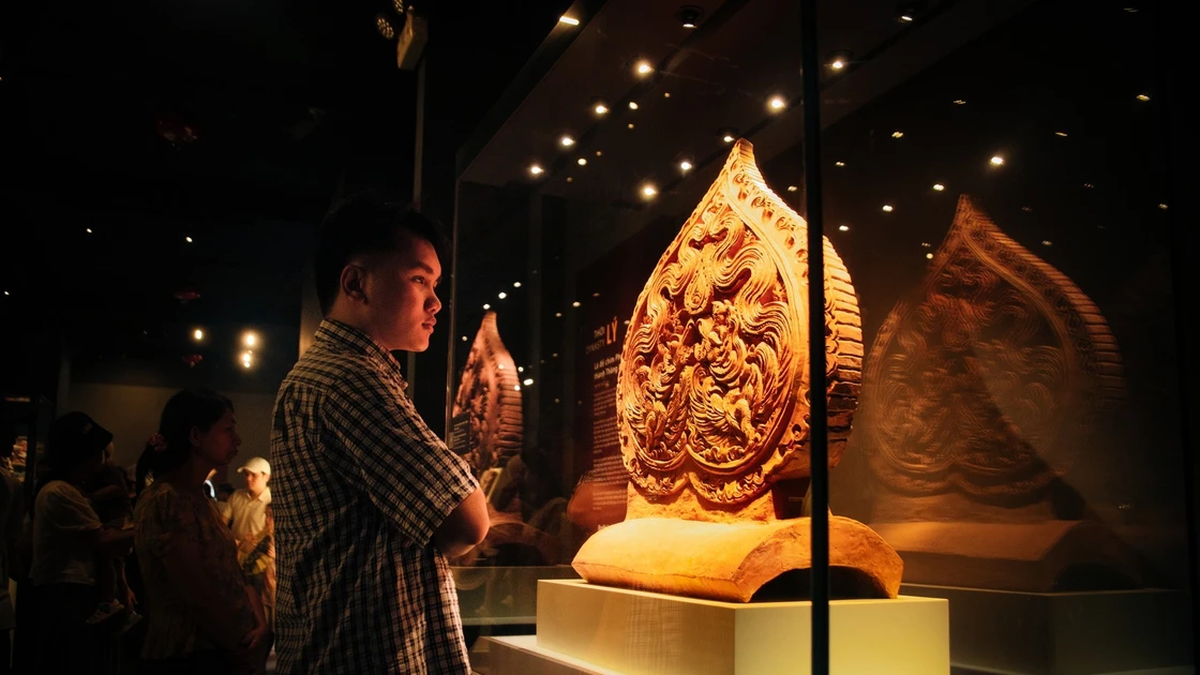
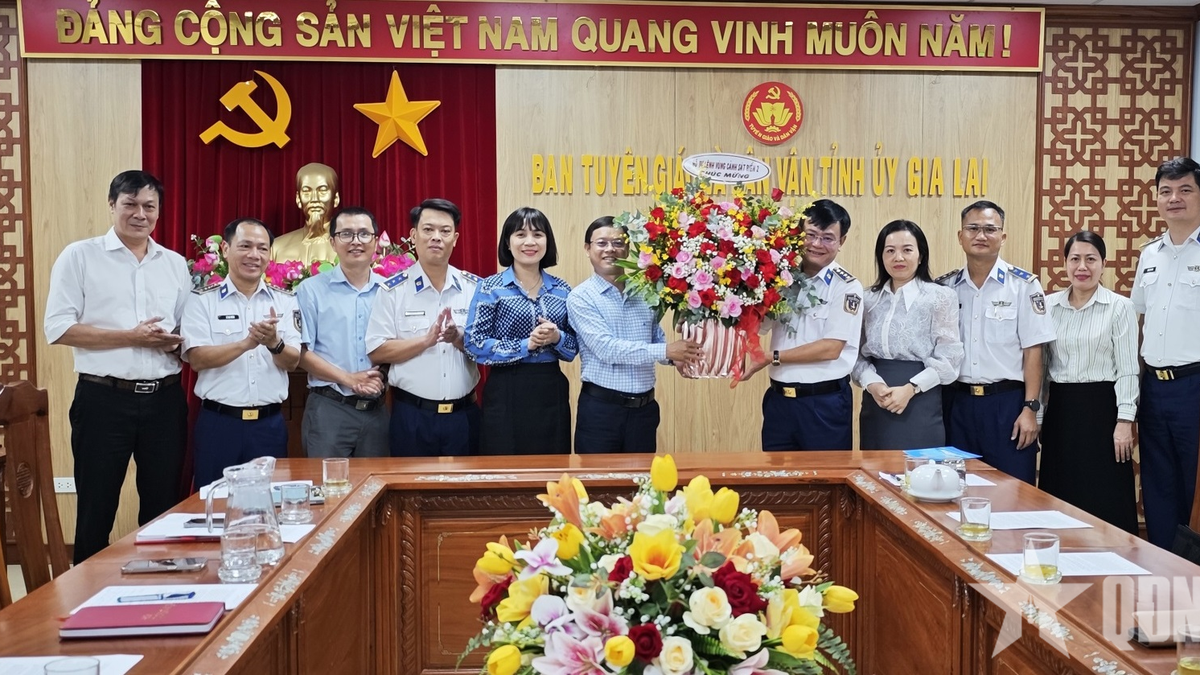












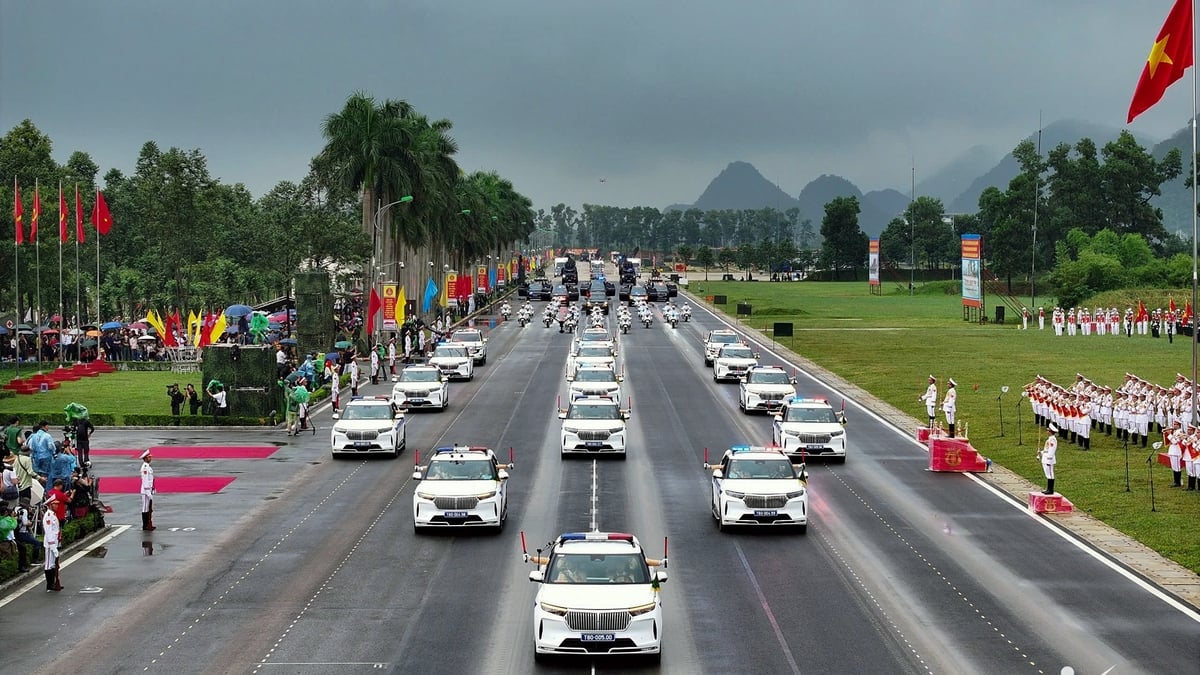

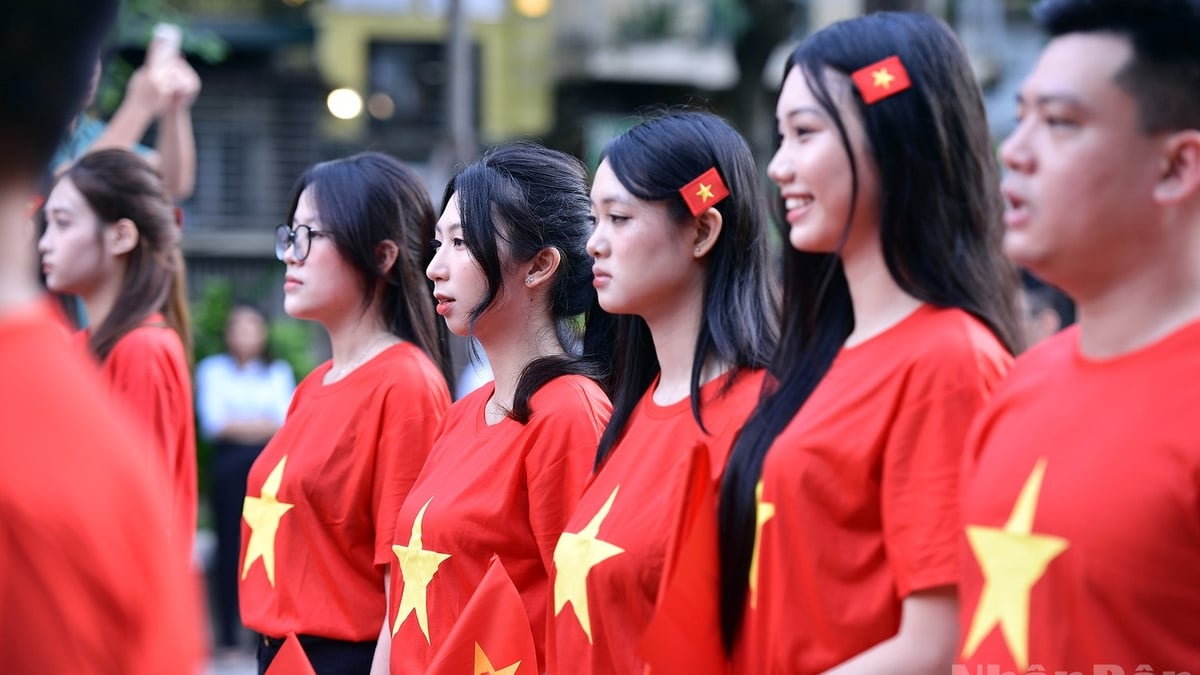
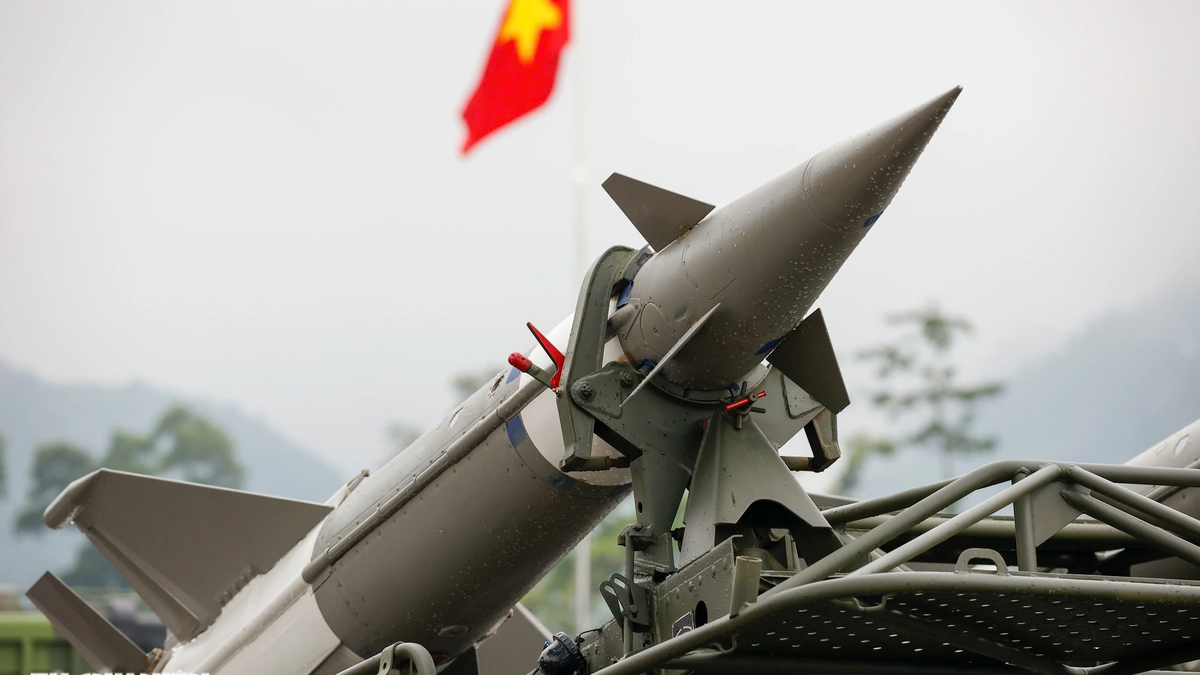
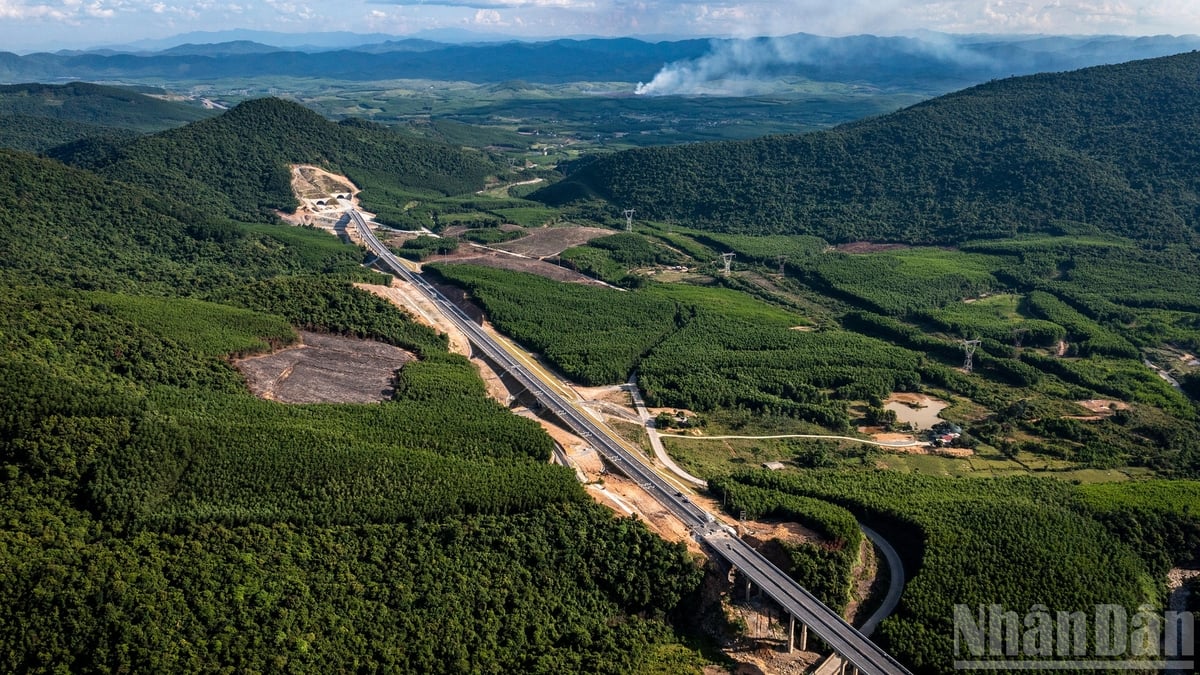












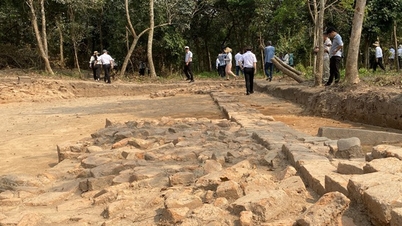













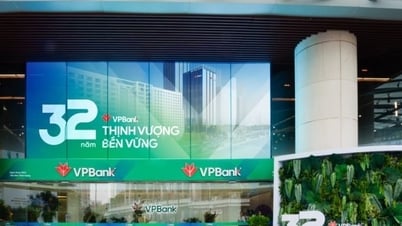





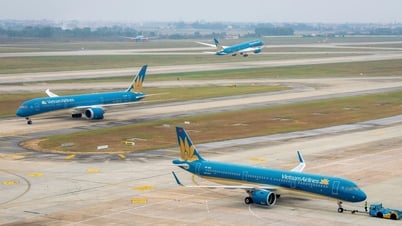


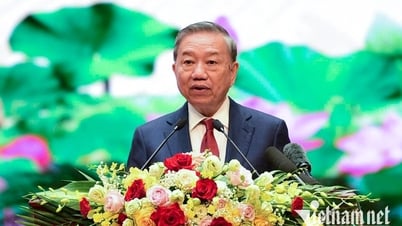




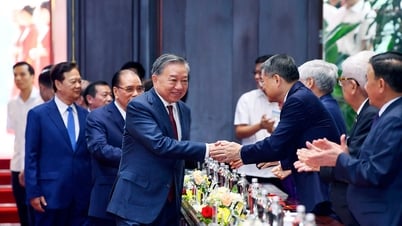

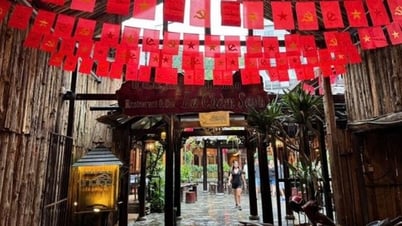



















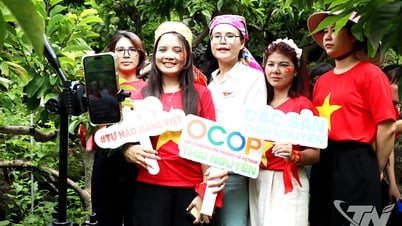









Comment (0)